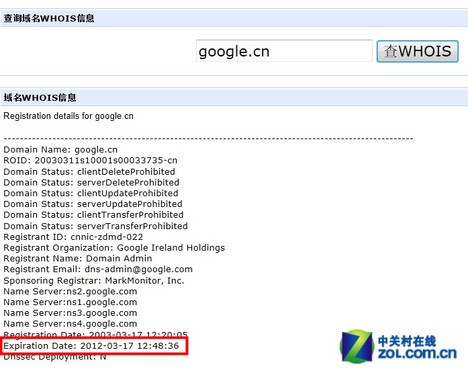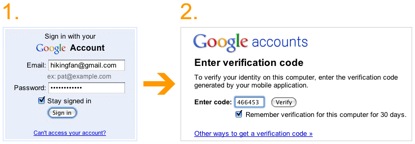Google’s ICP licence renewed in China
Last week, a Google spokesperson announced that Google.cn’s Chinese Internet Content Provider (ICP) licence had been renewed to 2012.
When Google stopped censoring search result in 2010 and left mainland China to set up in Hong Kong, Google’s ICP renewal by the Chinese government looked doubtful. But to the surprise of many, in July 2010 its licence was successfully renewed. This year, after Google’s announcement, Chinese journalists looked at WHOIS, a Chinese website for checking domain name information noticed that the licence has been extended to March 17 2012.

Experts in China, particularly state media commentators, suggest it is likely Google managed to wrangle this renewal through some sort of compromise. International Finance News, a newspaper run by the state mouthpiece the People’s Daily, suggested this is a sure sign that Google does not want to leave the biggest internet market in the world, and was willing to compromise. According to the local technology provisions issued on 26 August 2011, foreign companies cannot evade censorship by any method, without their government contract being terminated.
In another development, today Google launched Google Shihui, a group buying discount site under its Chinese platform Google.cn. Mark Natkin, managing director of Beijing-based consulting firm Marbridge was quoted in PC World saying that “[Shihui is] a fairly safe neutral area of business in which Google can participate without risking as much.” But Google’s insistence on staying in the Chinese market will mean that it will face continued, and possibly tougher, censorship from the government in the future.



